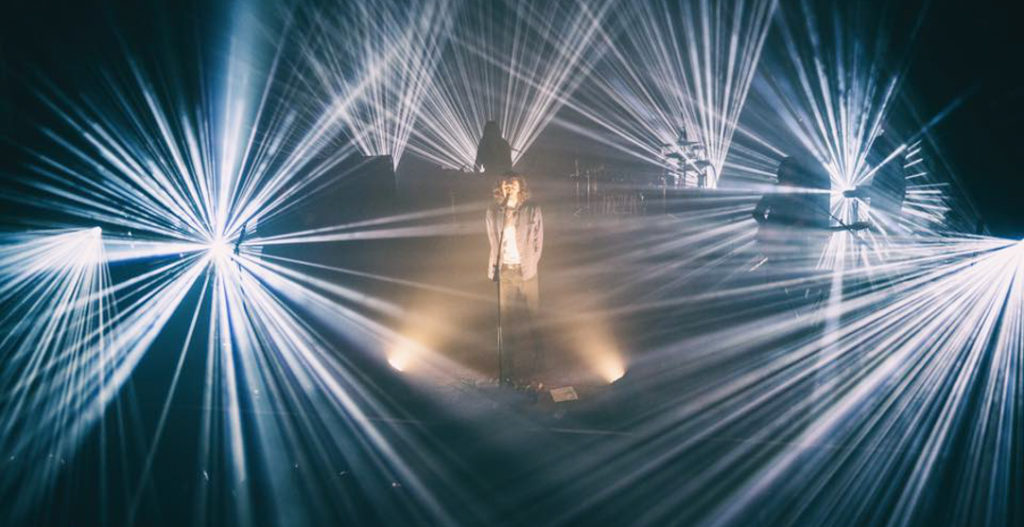
After a wait of almost five years, Andrew Hozier-Byrne, more popularly known as Hozier, finally released his second album, “Wasteland, Baby!”, on Friday, March 1. The album was teased with the release of Hozier’s EP “Nina Cried Power”, which debuted in early September 2018, as well as by the singles “Movement” in November 2018 and “Almost (Sweet Music)” in January 2019.
The main question gnawing at the minds of Hozier’s fans is the reason behind the considerable gap between his debut and sophomore albums. The Irish singer-songwriter attributes this delay to his inability to write new songs while on tour. However, after finally being able to take a break in 2017, he launched into a renaissance era of song creation. Over a year of effort was poured into writing and recording “Wasteland, Baby!”, but the resulting album is well-worth the wait.
“Wasteland, Baby!” is a seamless blend of Hozier’s signature earthy, gospel and blues-inspired tracks along with his gentler, more folksy melodies; fans of “Take Me To Church” may also enjoy “Nina Cried Power,” but those who prefer lighter songs such as “From Eden” or “Work Song” may gravitate more towards tracks like “Almost (Sweet Music)” or “Shrike”.
Although the majority of the songs on Hozier’s sophomore album are reminiscent of those on his previous album, “Wasteland, Baby!” does include a few tracks that stray from the artist’s norm. If Hozier’s typical songs are suggestive of woodland scenery and natural landscapes, the dynamic guitar and driving percussion of “No Plan,” the upbeat tempo of “To Noise Making (Sing),” and the delicate chimes of the single “Movement” evoke images of modern city life and are more comparable to contemporary music. The tracks that diverge from Hozier’s standard provide clear evidence supporting the singer-songwriter’s ability to progress in his musical abilities, but the majority of songs that populate Hozier’s album are a testament to the success of his signature style of music that launched him to fame.
“Wasteland, Baby!” explores common themes including love and loss, but the most prevalent themes that resound throughout the album are today’s air of political discord and a sense of imminent doom; these themes appear in “Nina Cried Power” and “No Plan.” Even the love song “Wasteland, Baby!” likens the act of falling in love to the end of the world.
Hozier decided to make these concepts the central points of his new album because of the hellfire that broke loose following the results of the 2016 election. Driven by the constant stream of anger and discontent present on social media, Hozier produced tracks like “Nina Cried Power” with Mavis Staples, which he dubbed “a song about protest songs,” and “No Plan,” which was inspired by the idea that one should appreciate life. Despite the intense themes present throughout “Wasteland, Baby!,” these ideas are woven flawlessly into the artist’s music. Hozier’s sophomore album provides an excellent listening experience laden with both invigorating, gospel-esque anthems and serene melodies while also focusing on topics that are incredibly relevant today.
